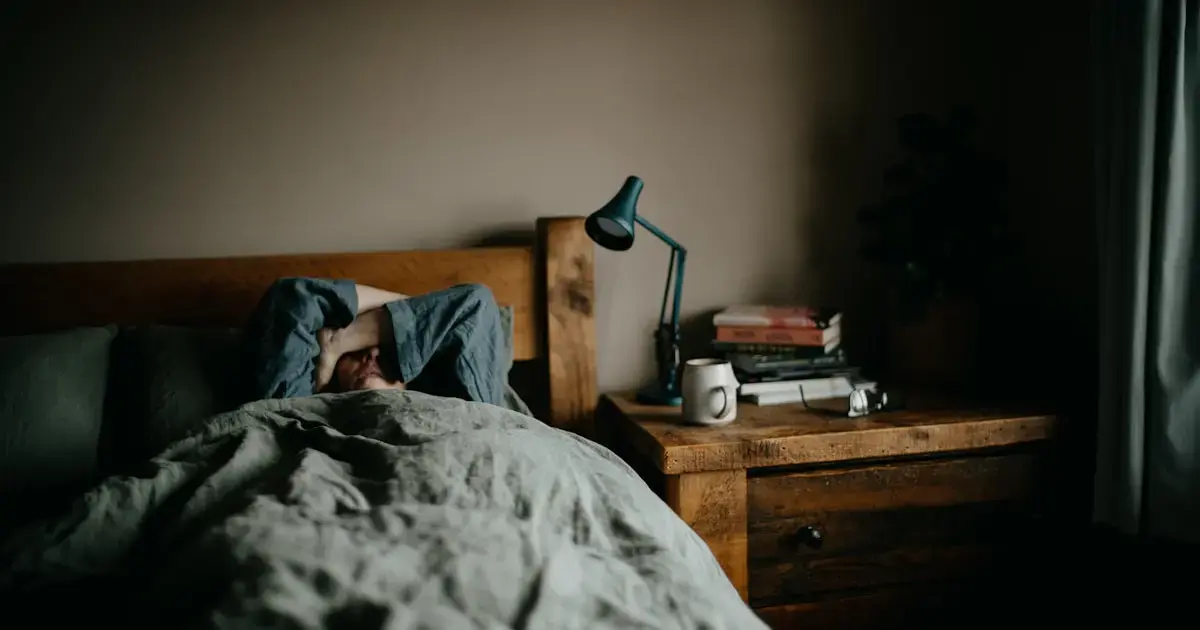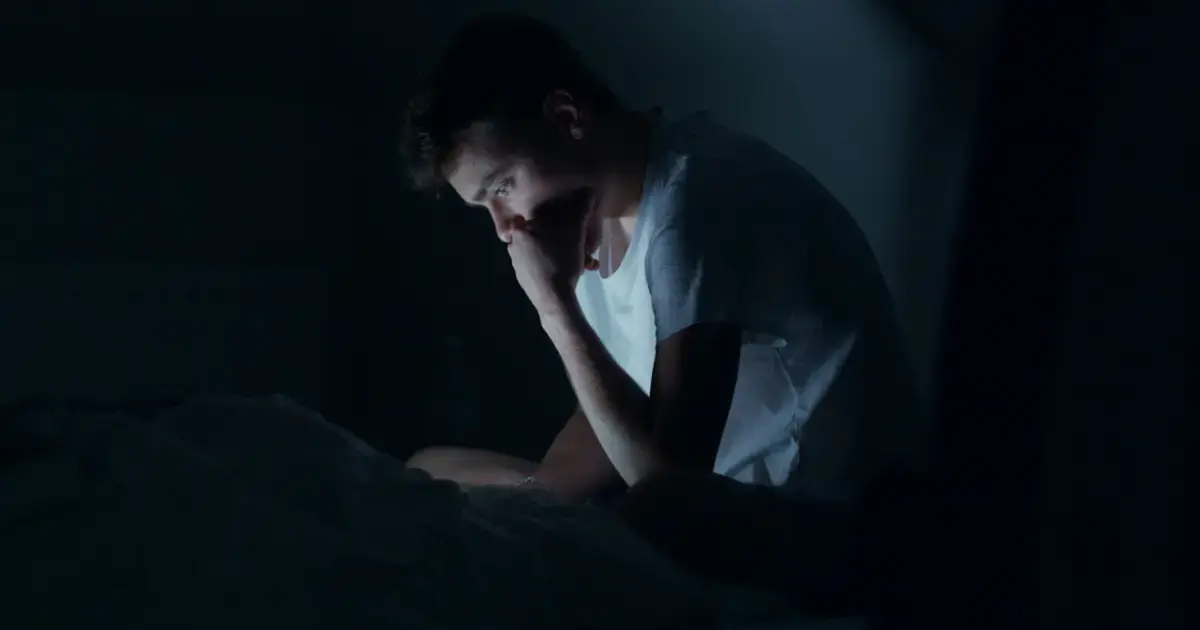 A team of researchers from Concordia University in Canada conducted a comprehensive study that unveiled the impact of different types of sleep on our health.
A team of researchers from Concordia University in Canada conducted a comprehensive study that unveiled the impact of different types of sleep on our health.
The scientists analyzed data from 770 healthy young individuals, which included brain imaging as well as personal reports from participants about their , health, and lifestyle. As a result, the researchers identified five biopsychosocial sleep profiles, each characterized by a unique pattern of brain activity.
The first profile is associated with poor sleep and its negative consequences for mental health. Individuals who fit this type often struggle to fall asleep and are generally dissatisfied with their nighttime rest. They are more likely to suffer from , experience anxiety, , fear, and anger.
Individuals in the second group typically do not have serious sleep issues. However, they do experience mental health problems such as ADHD, anger, stress, fear, and sadness. Researchers believe that these issues are likely due to factors other than sleep.
The third sleep profile is primarily linked to the use of sleep medications. Participants in this group exhibited higher levels of conscientiousness and reported greater satisfaction with their friendships and emotional support. However, they also faced several cognitive challenges, particularly regarding visual episodic memory, fluid intelligence, and spatial orientation.

The fourth type of sleep was defined solely by its duration. Fewer hours of nighttime rest correlated with more aggressive behavior, as well as difficulties in processing emotions, speech, and fluid intelligence.
Finally, the fifth profile was largely characterized by sleep disturbances and frequent awakenings during the night. Participants in this group exhibited aggressive behavior and similar to those in the fourth profile. However, they also showed more pronounced issues with thinking, anxiety, and elevated . These volunteers were often smokers and regularly consumed alcohol, as reported by Science Alert.
“Different sleep profiles are supported by unique brain activity patterns identified through MRI; thus, it can be suggested that sleep not only affects health and behavior but also the functioning and activity of the brain,” noted neurobiologist Aurora Perro, a co-author of the study.
The team hopes that the results of their work will help doctors more effectively diagnose and treat sleep disorders, as well as related health issues.
The findings of the study were published in the journal PLOS Biology.
Photo: Unsplash

